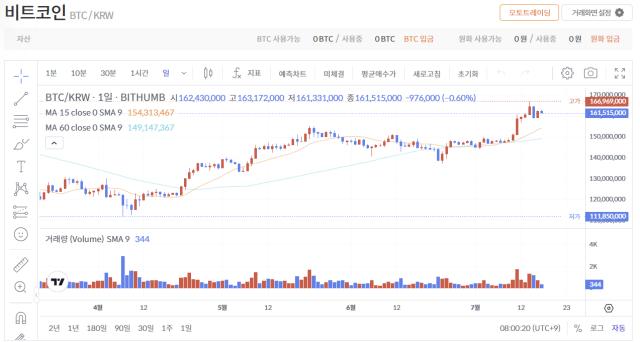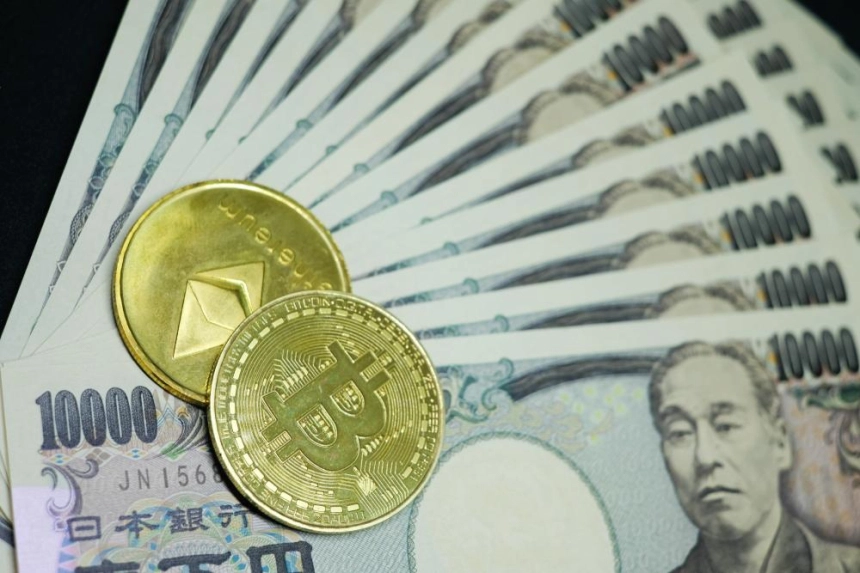Last week could be called the time of Ethereum, as ETH became the center of all issues for the first time in a while. While Bitcoin was moving up and down and ultimately finished the week with a flat performance (0.54% increase), Ethereum rose by 24.4%.
The most important schedule was indeed 'Crypto Week'. The US House of Representatives voted repeatedly for a week and finally passed three laws on the 17th (Thursday), including the Genius Act, Clarity Act, and Federal Reserve CBDC Prohibition Act. As is well known, the Genius Act covers all regulations related to the issuance and distribution of stablecoins in the United States. The Clarity Act contains provisions that clearly define the areas of the SEC and CFTC in the cryptocurrency domain.
Among these, the Genius Act was the most urged by the Trump administration. The Trump administration passed the OBBB Act to increase the debt limit, but due to high bond rates, they have been unable to issue bonds. The Treasury Department needs to issue and dispose of government bonds to execute delayed expectations and implement fiscal policies. Therefore, they focused on stablecoins that could generate new US government bond demand and the Genius Act that could activate stablecoin circulation.
President Trump immediately signed the Genius Act on the 18th (Friday) after the bill's passage. He also emphasized that a law that plays a very crucial role in maintaining US dollar hegemony was passed.
Given this atmosphere, stablecoin-related coins showed particularly significant increases last week. Not only Ethereum (ETH), the most representative stablecoin circulation channel, but also decentralized finance protocol coins like Uniswap (UNI) and Aave (AAVE) saw significant price increases.
Sharplink and Bitmain... How Far Will Their ETH Purchases Go?
Last week, various altcoins, including Ripple, experienced a long-awaited rise. However, Ethereum's strong increase deserves special attention, as it had not shown a particularly strong performance despite being the second-largest cryptocurrency by market cap. However, Ethereum has surged by over 40% in the past two weeks.
The biggest reason for Ethereum's surge is attributed to supply-side factors. First, the Ethereum spot ETF, which was almost non-existent before, has played a significant role as a new fund inflow channel. Last week, while about $2.3 billion was invested in Bitcoin spot ETFs in the US market, even more funds, around $2.7 billion, were invested in Ethereum.
This is the first time this has happened since cryptocurrency ETFs were created. CoinShares' weekly cryptocurrency-related product inflows were calculated at $3.7 billion. The key reason is estimated to be a surge in institutional demand.
US-listed companies are also aggressively accumulating ETH. A few years ago, Michael Saylor's Strategy accumulated Bitcoin and gained significant stock price increases. Recently, listed companies are using a strategy of buying ETH to increase corporate value.
Prominent companies are Sharplink Gaming and Bitmain. Sharplink was originally a game marketing company, but after being acquired by former Consensys employees who have now joined and are using it to create buying pressure on Ethereum. Bitmain is an Ethereum financial strategy company joined by famous Wall Street investor Tom Lee and PayPal founder Peter Thiel. Both companies have accumulated over $1 billion in ETH until last week.
With ETF fund inflows and listed company purchases creating a 'tandem effect', Ethereum's price is approaching $3,800 as of the 21st. Some even predict a long-term price of $1.5 million. The increase in investors who buy Ethereum and then gain a secondary rise through staking can be considered a positive factor, with ETH locked in staking rapidly increasing to 29% of total circulation.
BlackRock's additional Ethereum ETF staking application near the weekend also fueled investor sentiment. The reason BlackRock's participation was welcomed is due to their past performance. BlackRock was the large asset management company that led the approval of spot ETFs when everyone was struggling to break through the Bitcoin spot ETF barrier.
The situation of altcoin spot ETFs expected since the beginning of the year is somewhat complicated. Most altcoins adopt a proof-of-stake method, and staking unique to proof-of-stake blockchains is likely to be classified as securities under US law.
Ethereum and some blockchains experience slashing during the staking process. This means that in a spot ETF, principal loss can occur regardless of the original asset's price movement. This is practically difficult to accommodate in the existing ETF format. SEC Commissioner Paul Atkins, who received the mandate for crypto revival, is deeply pondering how to resolve this issue without side effects. Can BlackRock untangle this complicated situation?
This Week Focuses on the Cryptocurrency Policy Report by the 'Crypto Tsar' on the 22nd
The biggest issue this week is the cryptocurrency policy report by David Sachs, the 'Crypto Tsar' of the Trump administration, scheduled for release on the 22nd (Tuesday) US local time. When President Trump took office at the beginning of the year, the Bitcoin reserve bill received significant attention, but the Trump administration postponed it by having the digital asset policy working group work on it for six months, which led to a Bitcoin price adjustment. The report that was delayed at that time will come out on the 22nd this week.
The report is expected to include various US cryptocurrency policy directions, such as market regulation, bank accessibility, and Bitcoin reserve strategies. Market volatility could be significant depending on the contents of the report and whether any unexpected information is revealed.
At the Federal Reserve, Chairman Jerome Powell and Vice Chair Michelle Bowman will make external public statements in the early morning of the 23rd (Tuesday). Currently, Chairman Powell is taking a cautious wait-and-see approach, while Vice Chair Bowman is arguing for a quick interest rate cut. It will be interesting to see which statement the market responds to more strongly.
Additionally, trade tariff issues are likely to escalate. Over the weekend, US Secretary of Commerce Howard Rootnik said in a CBS interview, "I spoke with European trade representatives this morning" and "I am confident that a trade agreement with Europe will be reached." Japan, which concluded its election on the 20th, is also likely to intensify tariff negotiations with the United States after shedding political burdens. How these developments unfold will have a significant impact on the macroeconomic landscape. We wish all our readers successful investments this week as well.







